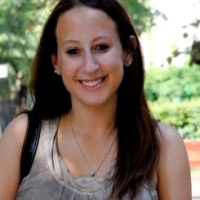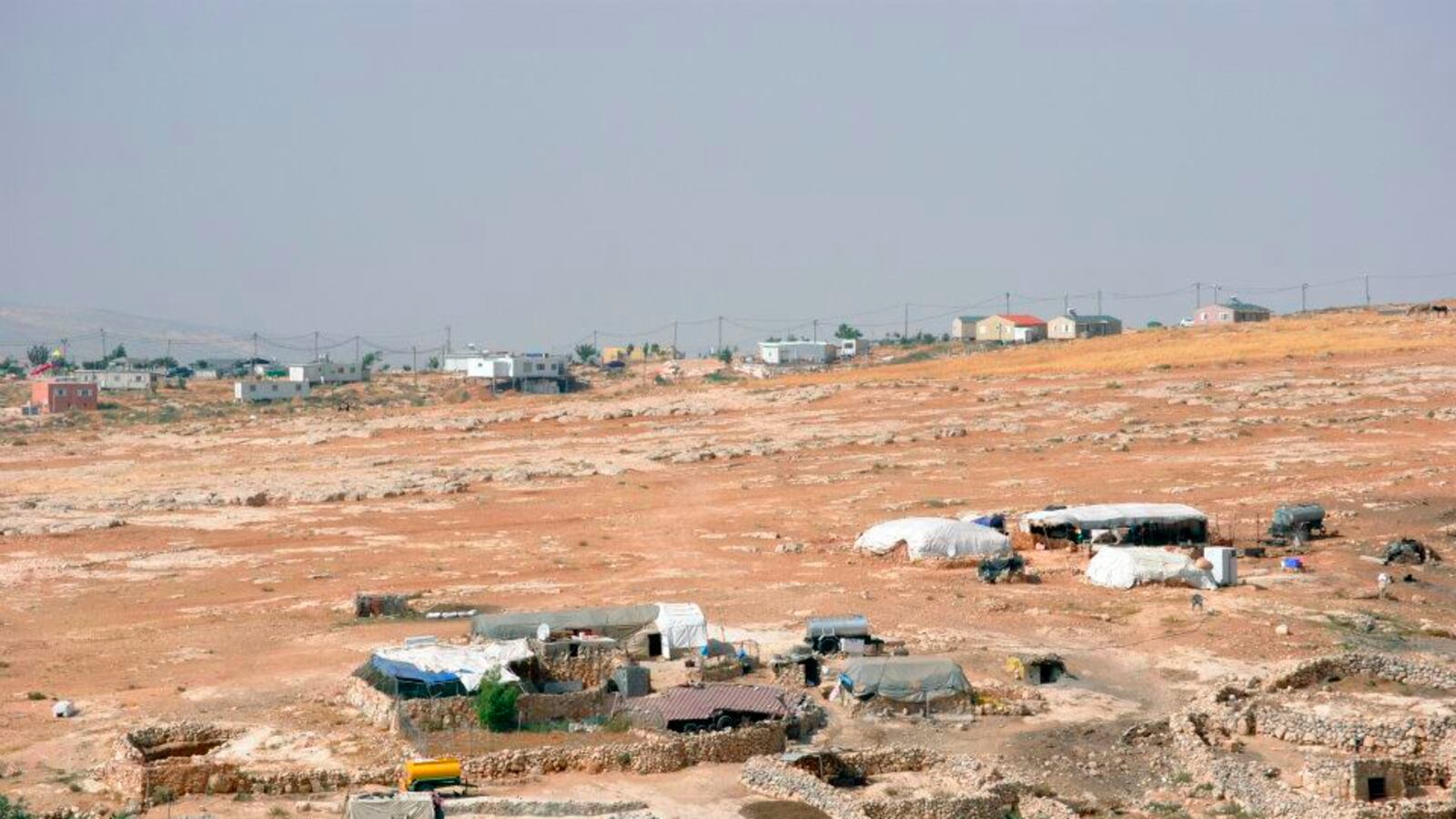Last summer, I traveled with a J Street U delegation to the South Hebron Hills, in the southernmost reaches of the West Bank. Gazing out from an agricultural Palestinian village, we could see two unauthorized Israeli "outpost" settlements, recently erected a few hundred feet away. We saw the outposts’ electrical system and learned they'd been hooked up to a water supply; the Palestinian villagers had neither. This was the face of inequity in Israeli-controlled areas of the West Bank.

Twenty years ago, the Oslo Accords divided the West Bank into three parts. On nearly two-thirds of the land, designated as Area C, Israel retained full control—and with that full responsibility for the Palestinians living there. But those Palestinians, who make up about five percent of the territory's population, do not receive the same services as their Jewish neighbors, who've moved in droves into the Israeli settlements that now dot the area. Over the past twenty years, in short, the state of Israel has shirked its responsibilities.
Last month, B’Tselem, an Israeli rights group working in the West Bank, published a new report entitled “Acting the Landlord: Israel’s Policy in Area C, The West Bank.” The report points to a wider effect of Israel's policies in the areas it controls. "In theory, Israel retains full control in the West Bank only of Area C," a release for the report said. "In practice, Israel’s control of Area C adversely affects all Palestinian West Bank residents."
According to B’Tselem, Israeli policy works to serve the water and land needs of Israelis at the expense of the Palestinians. As the group sees it, Israel created a de facto annexation of Area C, and now works to make that a permanent reality through the expansion of settlements.
But water and power are only two concerns: the report also covers the continuing expulsion of Palestinians from their homes. Citing residents who live in South Hebron Hills that the IDF Civil Administration—the Israeli military authority for West Bank Palestinians—refuses to formally recognize, the report states, “Over 1,000 people… currently live under the perpetual threat of expulsion on the grounds of residing in a ‘firing zone.’”
According to Haaretz, the High Court of Justice is now due to consider Israel’s demand to annul a 13-year-old temporary injunction which allowed farmers in the South Hebron Hills to remain in their homes. Israel demanded the expulsion of approximately 1,300 Palestinians, arguing that the IDF needs that land to train in what they designate as “Firing Zone 918.”
This firing zone rationale is a major threat for Palestinians living in Area C. In July 2012, Defense Minister Ehud Barak stated that the area was essential for the IDF’s training, and that Palestinian residents living in eight out of 12 villages must evacuate their homes. The four other villages, located next to illegal Israeli settlement outposts, like the one I visited, were not ordered to evacuate. ACRI, the Association for Civil Rights in Israel, filed a petition in response to Barak’s demand.
“It is inconceivable that 1,000 people should be evicted for the sake of military exercises. These evictions, which are tantamount to forced displacement, deny the villagers their livelihood and seize the property of people whose very existence depends upon the land they cultivate,” said Tamar Feldman, an attorney with ACRI, in a statement in January.
Due to the work of ACRI and others, Palestinian villagers won a temporary reprieve from the large-scale eviction. However, their quality of life is highly restricted. The Civil Administration forbids all forms of development, including projects like securing water and electrical systems, setting up additional tents, and digging for water wells.
NGO's do what they can. COMET-ME is one that helps provide solar and wind power to Palestinians in these areas—but restrictions and changes in status make their work precarious. Without building permits, their projects stand to be wiped away at any moment. That's because Israel rarely issues such. A study conducted by Peace Now found that, between 2000-2007, 94 percent of Palestinian building permit applications were turned down.
Traveling in the South Hebron Hills, I saw for myself the indefensible conditions in which these Palestinians live, adjacent to Israelis with full water and electricity access. Those who claim liberal outlets like Haaretz and rights groups like B'Tselem take too dour a view of Israeli motives and goals, should see it for themselves, too. Because when one looks over at the land, it's impossible to ignore the inequities of Israel's occupation.






